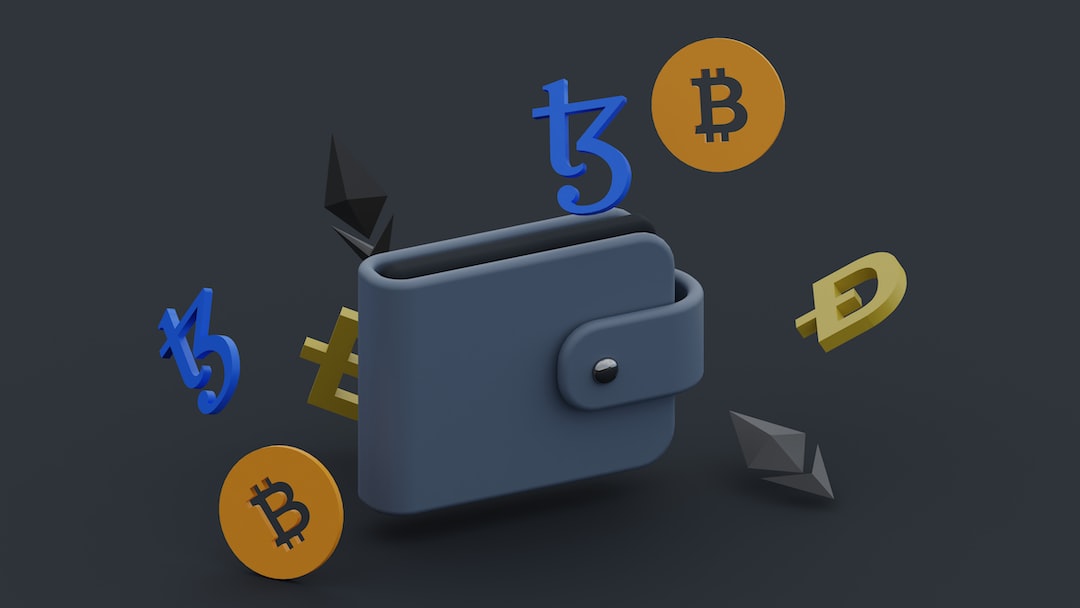The Challenges Faced by PayPal’s PYUSD in the Crypto Market
PayPal’s PYUSD, a stablecoin tied to the US dollar, is built on the Ethereum network and backed by a combination of dollar deposits, Treasuries, and cash equivalents. However, the coin has faced difficulties in its early days due to the tension between centralized control and the decentralized nature of cryptocurrencies.
Key Points:
- PYUSD’s value is supported by robust foundations, including a mix of dollar deposits, short-term Treasuries, and cash equivalents.
- Despite its solid technical underpinnings, PYUSD struggles to compete with established stablecoins in the market.
- Addressing concerns about centralization and expanding its appeal are crucial for PYUSD’s success.
- PYUSD’s success hinges on finding the right balance between centralized control and the decentralized ethos of the crypto realm.
- Competition from other stablecoins poses a challenge for PYUSD to stand out and gain prominence in the market.
Despite its promising foundations, PayPal’s PYUSD faces an uphill battle to establish itself as a leading stablecoin. The tension between centralization and decentralization poses a significant challenge, and addressing this concern while broadening its appeal will determine PYUSD’s future success. Competition from established stablecoins adds further complexity to its journey.
Hot Take:
PayPal’s PYUSD may have a solid foundation, but it will need to find a way to differentiate itself from its competitors and strike the right balance between centralized control and the decentralized nature of cryptocurrencies. Only then can PYUSD emerge as a contender in the crypto market.





 By
By
 By
By
 By
By
 By
By
 By
By